As the Trade Office reported in the previous issue, by impersonating a business, the scammer tricked a Vietnamese business into transferring money to buy raw materials for export processing and tricked a Pakistani business into exporting low-quality raw materials to Vietnam, leading to the Vietnamese business having its money stolen and the Pakistani business unable to sell the poor-quality goods in Vietnam and also unable to retrieve the goods due to disputes. The cost of storing goods at the port, the shipping line's fines and the cost of plugging in the refrigerated container are increasing day by day. The Trade Office has proposed that the two businesses negotiate an agreement to minimize losses. Either the Vietnamese business deposits a sum of money so that the Pakistani business agrees to deliver the goods or the Pakistani business deposits a sum of money so that the Vietnamese business agrees to re-export the goods. But such a proposal is no different from asking the Vietnamese business to pay a second time for the unusable goods or asking the Pakistani business to buy back its own goods.
The case is continuing to develop in the direction that related banks in Vietnam and Pakistan are at risk of becoming victims. The scammer used many professional techniques to cause confusion and errors for both Vietnamese and Pakistani banks. Thanks to that, the scammer overcame the security barriers of the bank to open accounts and successfully receive and withdraw money from the bank. To open a fake business account at a Pakistani bank, the scammer established a self-employed business (PROPRIETORSHIP COMPANY) to circumvent Pakistani law on business names that can be the same as any business. And to make sure to fool the bank, the scammer also removed a hyphen from the business name. In order to withdraw money from the account without having to present the delivery documents and necessary documents according to the strict regulations of Pakistani law on international payment and control against money laundering and terrorist financing, the fraudster instructed Vietnamese enterprises to include in the remittance notice of the Vietnamese bank the two words: "ADVANCE PAYMENT" (advance payment). According to Pakistani law and international payment practices, exporting enterprises do not need and cannot present the delivery documents when withdrawing the advance payment in the form of a deposit to implement the delivery. However, based on the other contents of the remittance notice of the Vietnamese bank and other regulations on international payment management of Vietnam and Pakistan, both Vietnamese and Pakistani banks are at risk of being held responsible for mistakes and errors. The Vietnamese bank did not check the export contract and the export payment invoice, which clearly stated that the amount transferred abroad was: “BALANCE PAYMENT/REMAINING BALANCE” (final settlement), so it mistakenly included the two words: “ADVANCE PAYMENT” (advance payment) in the remittance notice, creating a loophole for the fraudster to withdraw money from the Pakistani bank. The Pakistani bank did not fully perform its responsibility to research customers and monitor payment activities according to international payment regulations (URC 522, URBPO 750) and KYC-CDD (KNOW YOUR CUSTOMER-CUSTOMER DUE DIGILANCE) regulations of the State Bank of Pakistan.
For the Trade Office, it is regrettable that the Vietnam Trade Office in Pakistan lost to the scammer even though it had discovered the subject and the scam, promptly warned and recommended to terminate the relationship with the scammer, but the Vietnamese enterprise did not consider the warning information and did not implement the Trade Office's recommendations. The warning for the Trade Office is that this scam is dangerous because the local enterprise is also deceived. Therefore, if the Trade Office goes to the partner's headquarters and the bank to verify when receiving the request for support in verifying the partner of the Vietnamese enterprise, the risk of the Trade Office itself being deceived is very high because all the partner's information is true. The Vietnam Trade Office in Pakistan promptly discovered this new subject and scam thanks to a bit of luck: Just before that, the scammer had used this same scam to deceive the Vietnamese enterprise, but the Pakistani partner was not deceived and cooperated with the Trade Office to expose the scammer.
Source: https://moit.gov.vn/tin-tuc/thong-bao/canh-bao-thu-doan-lua-dao-moi-trong-buon-ban-quoc-te.html


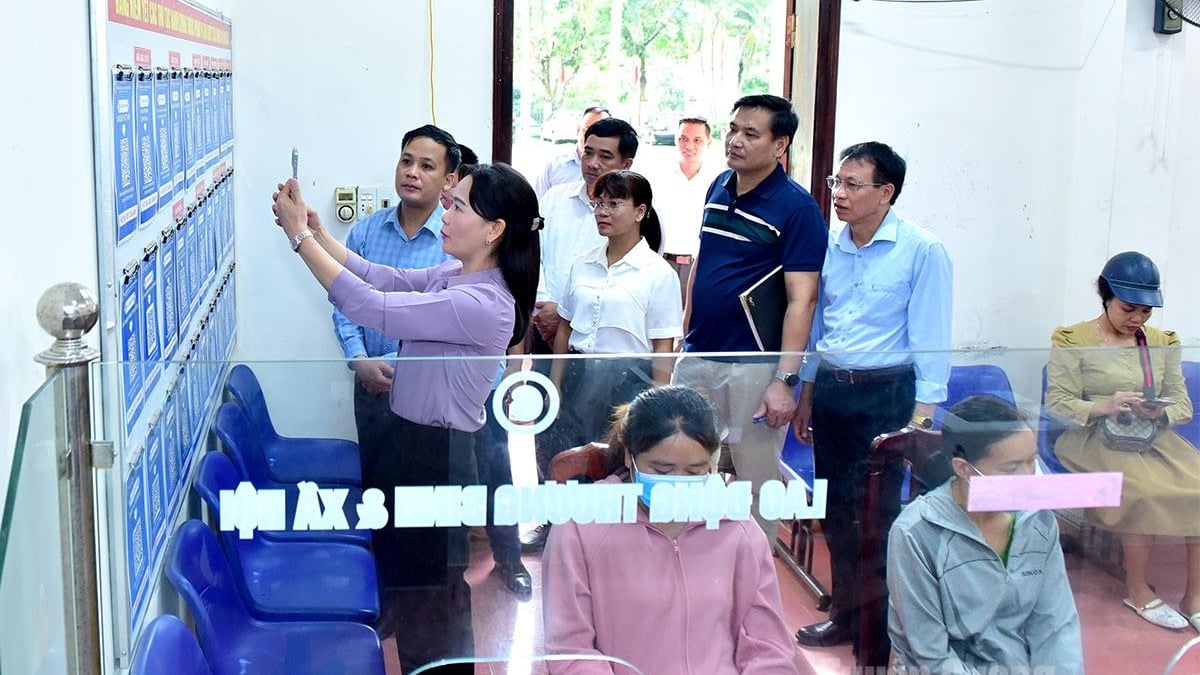

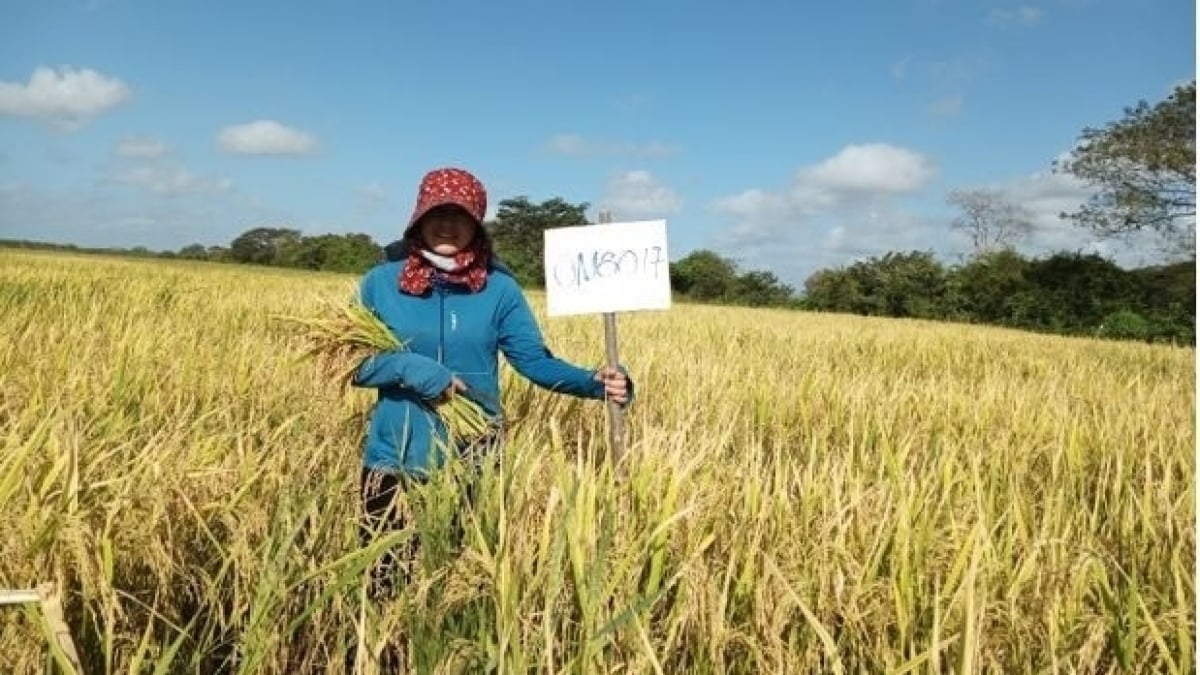
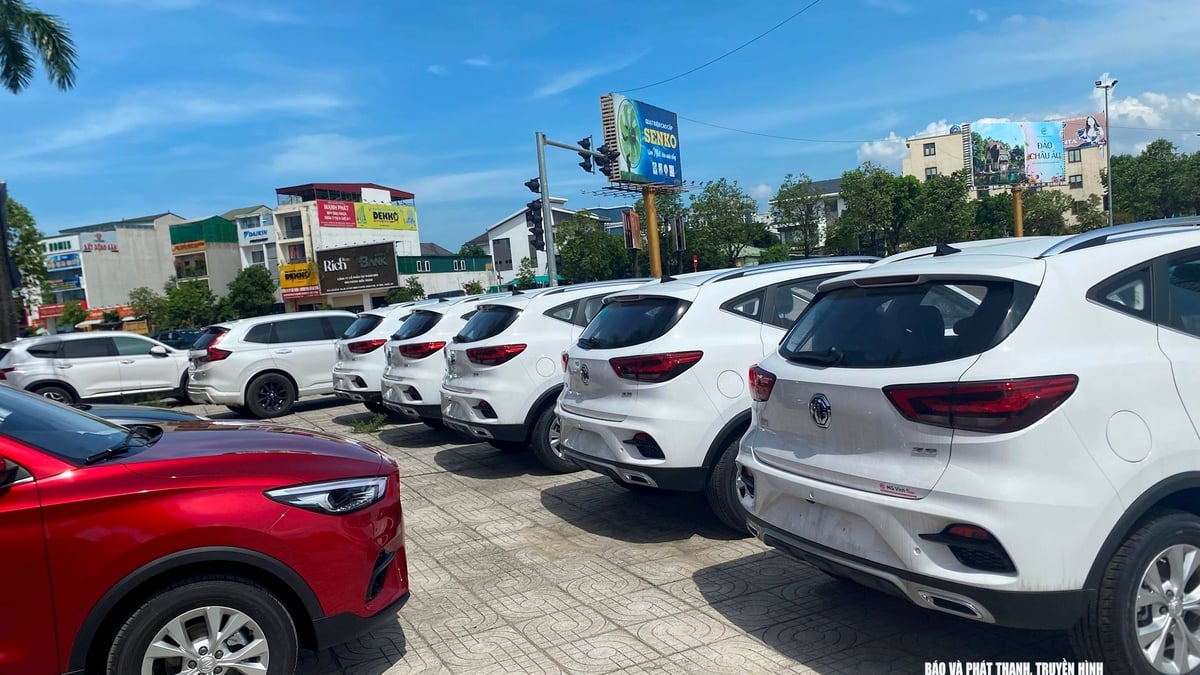
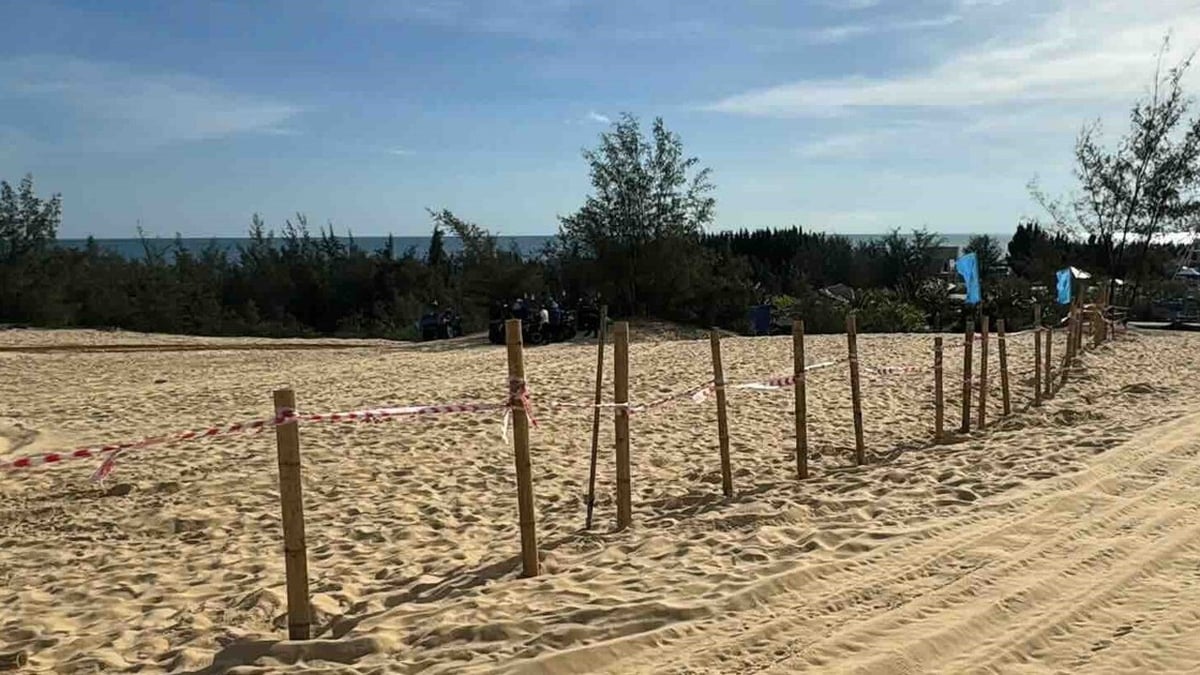
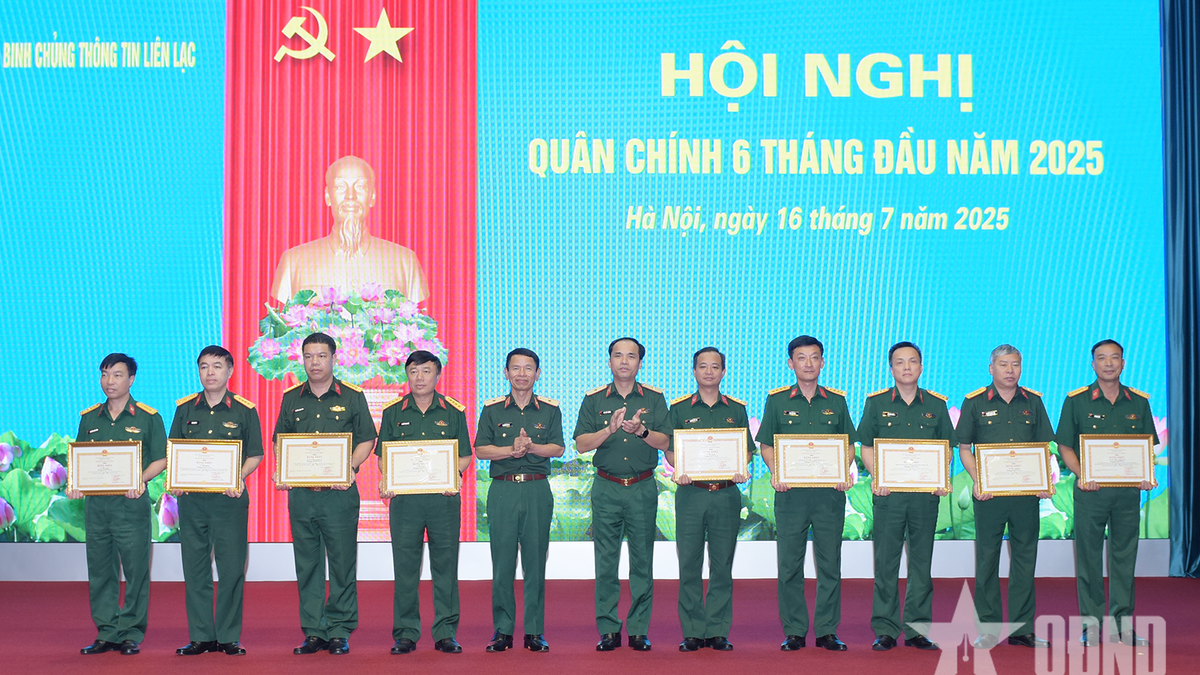
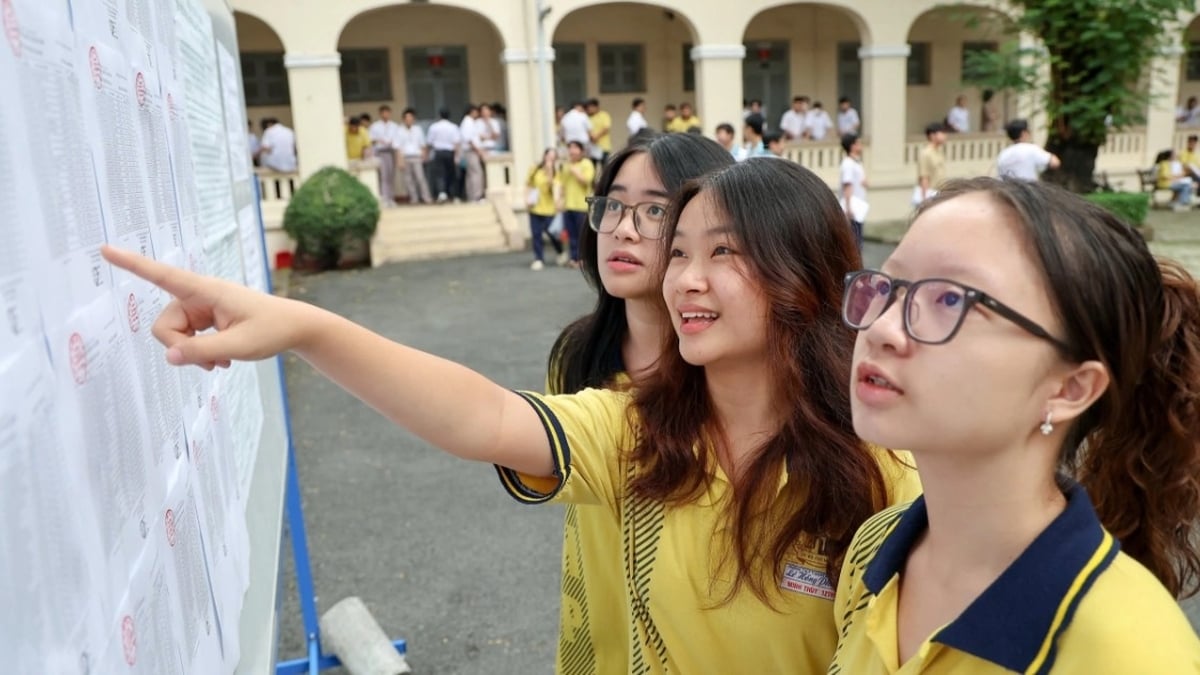
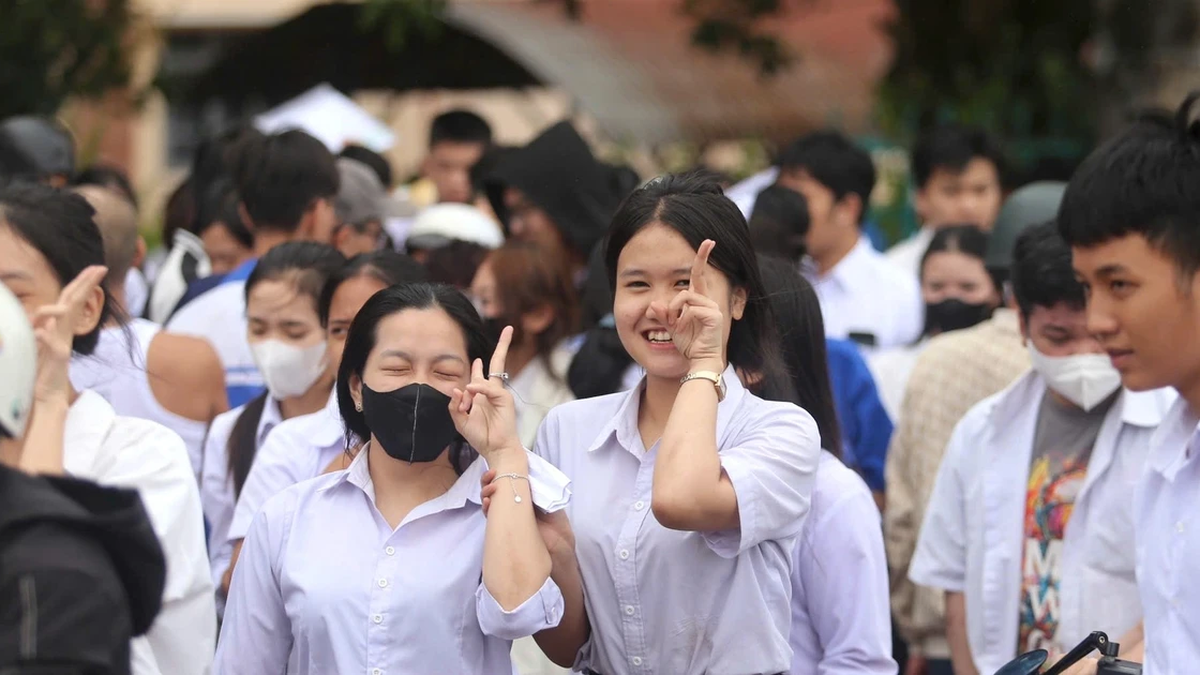
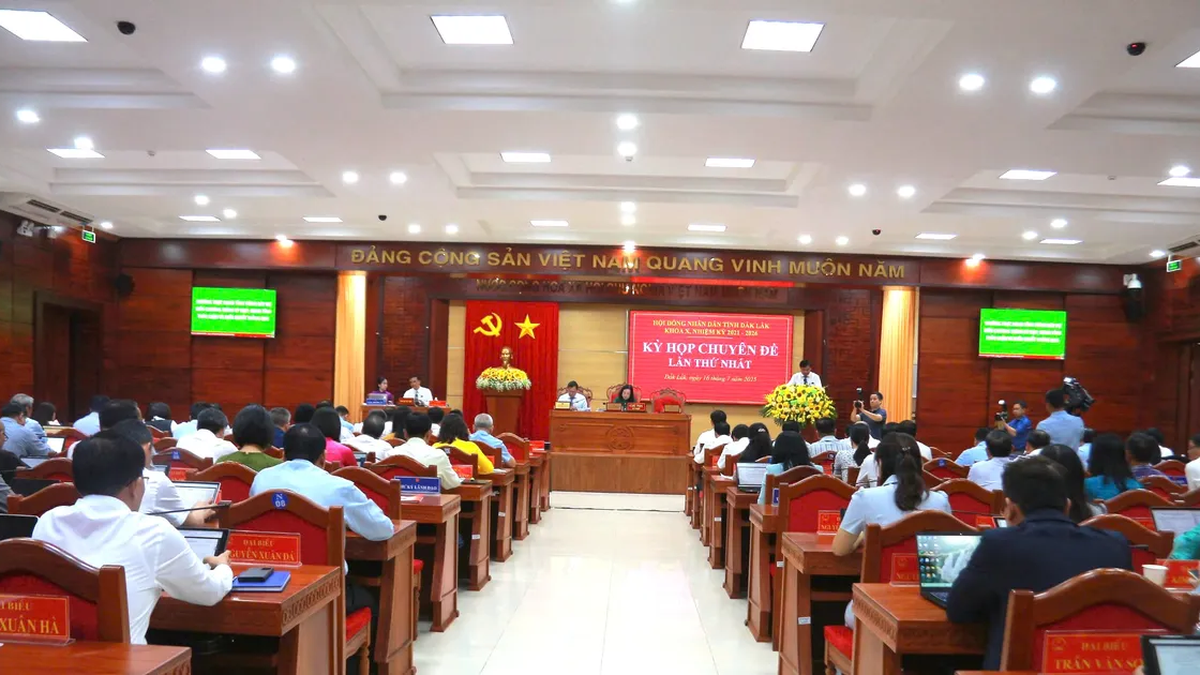
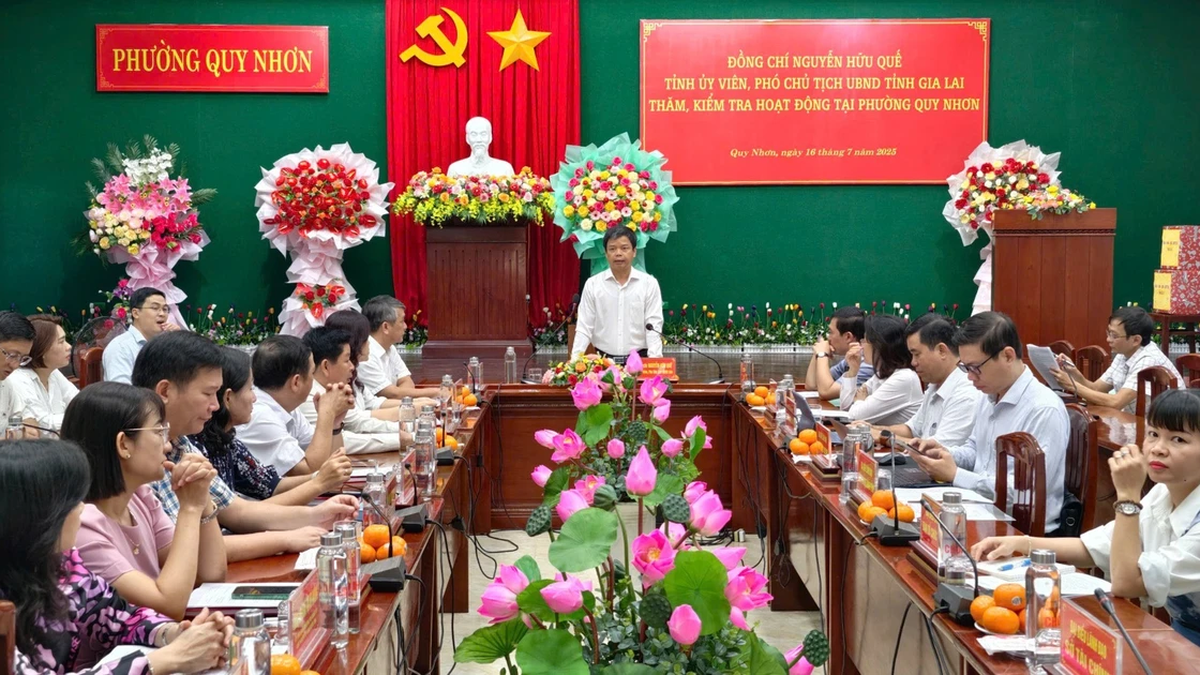
































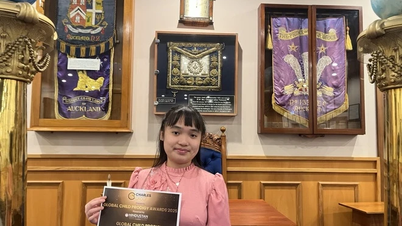
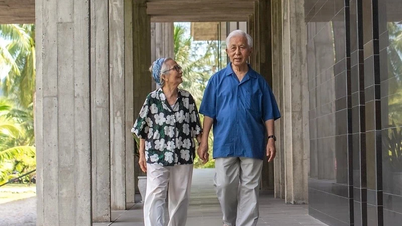











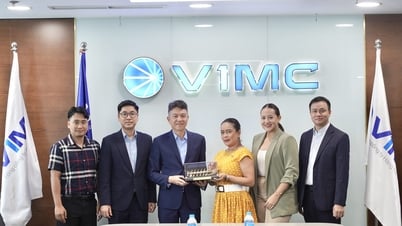
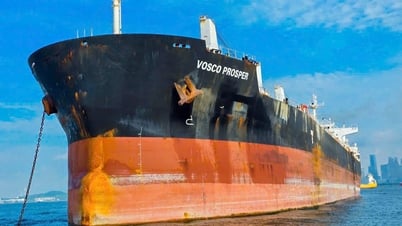

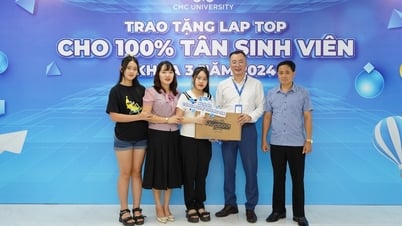

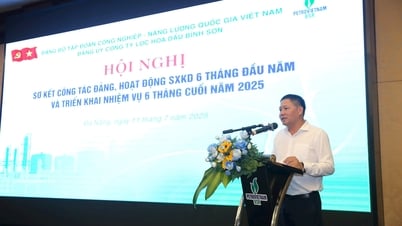

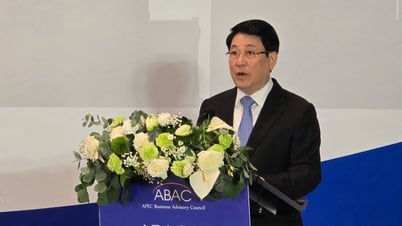




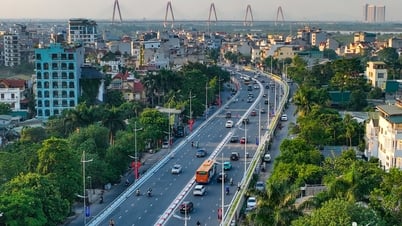
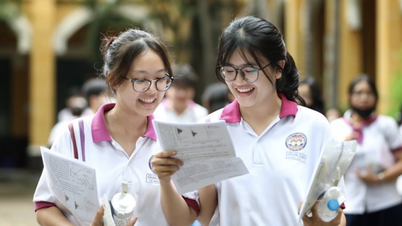


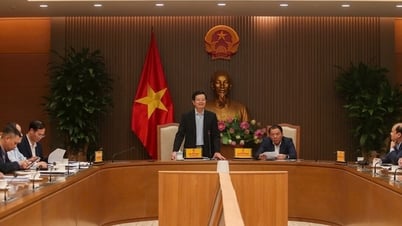


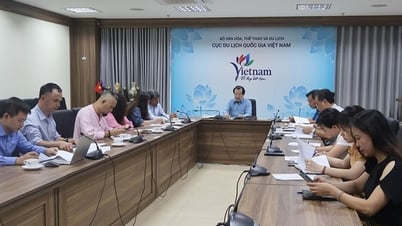
























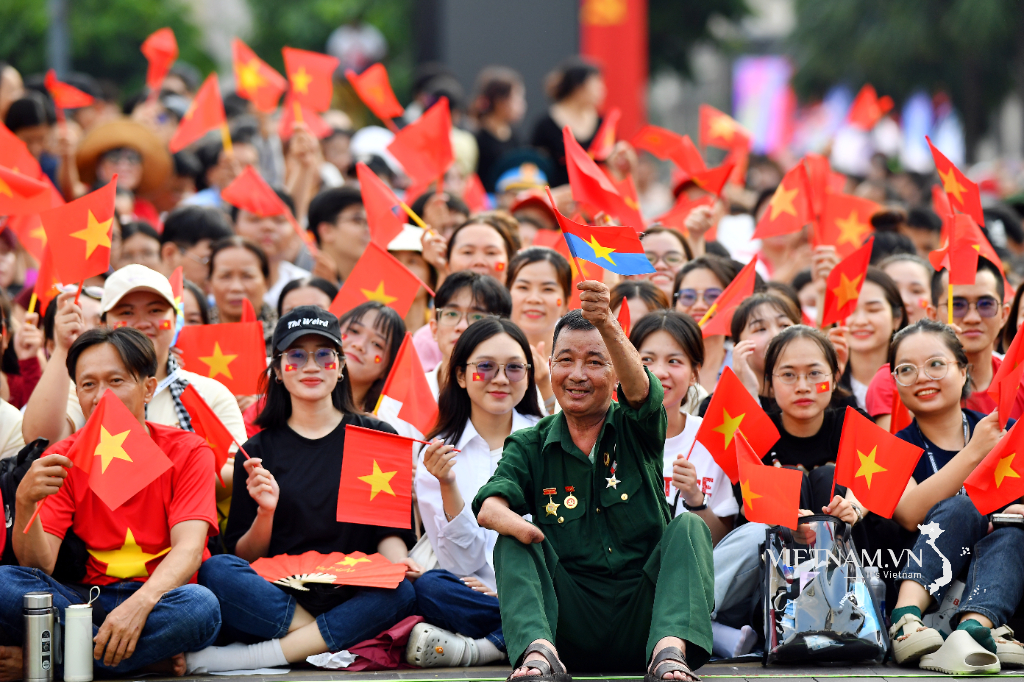
Comment (0)